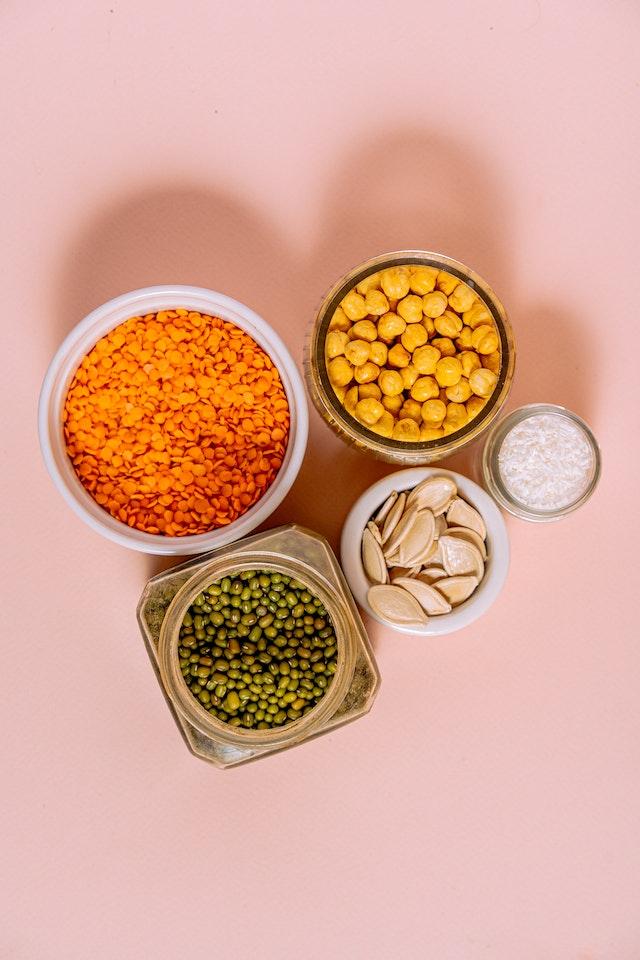Posts Tagged ‘magnesium and diabetes’

Diabetes and Magnesium
Continue reading if you have type 2 diabetes and are unsure of whether you are receiving enough magnesium in your diet or whether you are deficient in it.
Magnesium and Diabetes
Since magnesium plays a critical role in controlling blood sugar (glucose), it is a good idea to know how much you have, how much you need, and how much it can help you. This is confirmed in a recent World Journal of Diabetes report that the majority of people with type 2 diabetes have low magnesium levels.
More than 300 biochemical processes in the body depend on magnesium, many of which are connected to the metabolism of glucose, insulin, and magnesium. In light of this, individuals with diabetes may anticipate experiencing some issues if their blood or plasma magnesium levels go too low.
For instance, a recent study published in the journal Diabetes found that hypomagnesemia, or a serum magnesium level less than 0.7 mmol/L, “has been strongly associated with type 2 diabetes mellitus,” and that those who have it “show a more rapid disease progression and have increased risk of diabetes complications.”
It has also been reported that elderly people with diabetes are more likely to experience hypomagnesemia, making it possibly even more important to check the magnesium levels in older people with diabetes.
Type 2 Diabetes and Magnesium
The authors continued by stating that individuals with type 2 diabetes who are magnesium deficient are more insulin resistant and have decreased activity in their beta cells, which are the cells that produce insulin.
However, studies have indicated that taking extra magnesium helps with insulin sensitivity, oxidative stress, systemic inflammation, magnesium insufficiency, and glucose metabolism. At the same time, type 2 diabetes and metabolic syndrome have both been linked to insufficient dietary magnesium consumption.
Do you have low magnesium levels?
There’s a good chance that you are deficient in magnesium if you live in the United States, where almost 75% of individuals do not consume the recommended daily allowance of this crucial mineral, even those who have type 2 diabetes.
A blood test can be used to determine your magnesium levels. 1.7 to 2.1 mg/dL, 0.7 to 0.9 mmol/L, or 1.4 to 1.8 mEq/L are considered to be normal levels for plasma magnesium content.
Talk to your healthcare physician about your results because different labs use various measuring standards.
The fact that the body seeks to stabilize blood levels of magnesium by releasing the mineral from tissues and bone in an effort to preserve homeostasis presents one difficulty with testing for magnesium levels.
As a result, even though you could be in the early stages of magnesium shortage, your test results might indicate normal magnesium levels.
Diabetes and Magnesium Supplements
Another study indicated that blood sugar levels and insulin sensitivity improved for individuals at risk for diabetes after taking magnesium supplements.
Taking particular drugs can have an impact on magnesium levels. Digoxin, cyclosporine, laxatives, digoxin, diuretics, insulin, and phenytoin are a few medications that might lower magnesium levels.
Aspirin, thyroid medications, antibiotics (yes, these medications can have both effects), magnesium oxide and chloride-containing items, as well as aspirin, are some of the substances that can raise magnesium levels. Because of poor absorption, the latter type may result in loose stools.
Normal magnesium, which comes in the form of lotion, gel, bath salts, or oil (all containing magnesium chloride), skips the digestive system and is absorbed straight into the cells. This is crucial for anyone who might encounter side effects from taking magnesium orally. Topical magnesium is a wonderful alternative if you are not a huge fan of pills.
The following foods are excellent sources of dietary magnesium: leafy greens, pumpkin seeds, kefir, avocado, black beans, bananas, figs, dark chocolate, almonds, artichokes, and cashews.
FAQs
What type of magnesium is best for diabetes?
According to Healthline, magnesium taurate may be the most effective form of the mineral for controlling high blood sugar.
Is it Ok to take magnesium every day?
Taking a daily magnesium supplement is probably not safe for the majority of people, according to medical specialists, even though the advantages of magnesium supplementation in healthy individuals remain unclear.
Make sure not to take too much magnesium, though. For the majority of individuals, 400 mg or less per day is the maximum dietary limit.
When is the best time of day to take magnesium?
Therefore, as long as you are able to take magnesium supplements consistently, they can be taken at any hour of the day. It may be best for some people to take their supplements first thing in the morning, while others may find that taking them with dinner or just works for them.
Can I take metformin and magnesium together?
Metformin with Calcium, Magnesium, and Zinc did not interact in any way.
Can magnesium cause weight gain?
More than 300 bodily processes, many of which are involved in how you digest energy, depend on magnesium, an essential element. Since it is a mineral, it has no calories and can’t make you gain weight.
What foods are rich in magnesium?
- Pumpkin seeds
- Almonds
- Spinach
- Cashews
- Peanuts
- Chia seeds
- Black beans
- Salmon
- Avocado
- Brown rice
Can I take magnesium and vitamin D together?
Yes. Vitamin D and magnesium can and should be taken together. In actuality, magnesium is significantly responsible for the absorption of vitamin D.
Additionally, the absence of magnesium would prevent numerous nutrients from functioning properly, emphasizing the significance of this mineral.
How long does it take for magnesium to start working?
After using magnesium supplements consistently for one week, the effects start to show.
Which fruit is high in magnesium?
Dried figs, avocados, guavas, bananas, kiwi, papayas, blackberries, raspberries, cantaloupes, and grapefruit are some fruits that are high in magnesium. Magnesium has a 420 mg daily value (DV).
What drinks are high in magnesium?
In addition to coffee and cocoa, which are high in magnesium, other beverages include instant tea, powdered fruit drinks, and powder dairy drink mixes. The amount of magnesium in an instant and ordinary decaffeinated coffee is nearly the same.
Precautions
Please check with your health professional before taking magnesium supplements if you have any medical conditions or take heart medications, diuretics or antibiotics.


